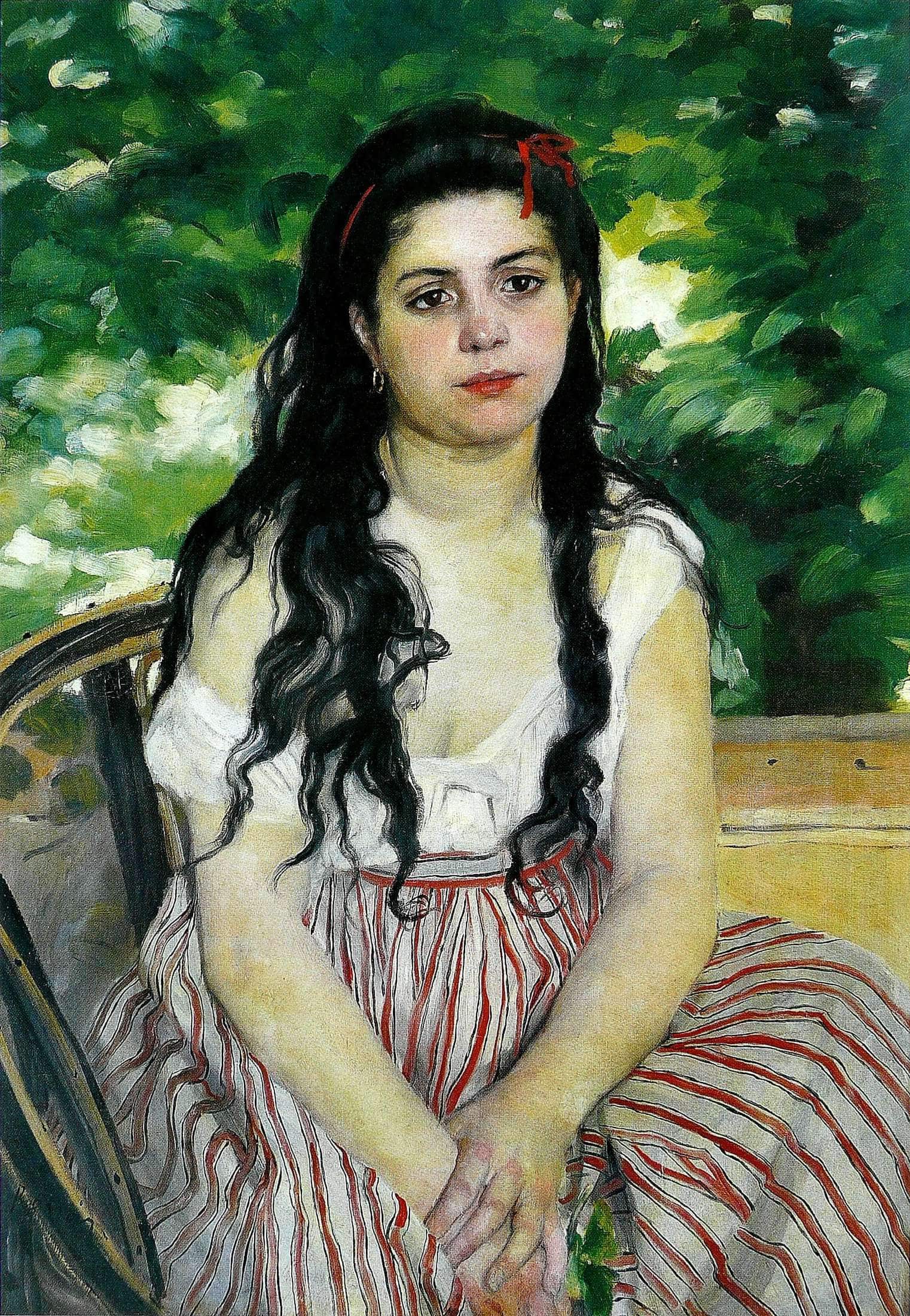Bohemianism refers to the adoption of a non-traditional way of life, frequently in collaboration with individuals who share similar views. It involves less focus on long-term commitments and more on engaging in artistic, musical, or literary activities. Those who identify with this lifestyle may be seen as explorers, thrill-seekers, or free spirits. This article aims to unpack the term ‘Bohemianism’, examining its origins, cultural implications, key traits, and contemporary significance.
Historical Origins of Bohemianism
The term ‘Bohemian’ originally referred to people from Bohemia, a region in the modern-day Czech Republic. However, over time, the term evolved to describe a community of artists, writers, and musicians who lived an unconventional lifestyle, often rebelling against social norms. The term gained particular prominence in 19th-century France, especially in the artistic circles of Paris. It was adopted as a self-description by individuals who saw themselves as part of an alternative culture.
Important Figures in Early Bohemianism
- Henri Murger: French writer who penned “Scènes de la vie de bohème,” a work that romanticized the bohemian lifestyle.
- George Sand: A French novelist who adopted a bohemian lifestyle and wore male attire to defy societal norms.
- Charles Baudelaire: French poet who embodied many aspects of bohemian culture, especially in his work “Les Fleurs du mal.”
Key Characteristics of Bohemian Lifestyle
Minimal Long-Term Attachments
Individuals who follow a bohemian lifestyle often steer clear of long-lasting ties, be it in terms of jobs, relationships, or residence. This lifestyle often involves frequent relocations and a non-traditional approach to career paths.
Artistic and Creative Pursuits
Whether it’s music, art, or literature, creativity is at the core of the bohemian lifestyle. This does not necessarily mean that all bohemians are artists by profession. However, they do engage deeply in artistic activities, often as a means of self-expression.
Non-Conformity
Bohemians do not fit into traditional societal molds and often reject the conventional lifestyle, which may involve a 9-to-5 job, marriage, and a settled life. This non-conformity is reflected in their clothing, habits, and overall demeanor.
Contemporary Significance of Bohemianism
The bohemian lifestyle has undergone considerable changes over the years, but its core principles remain the same. In the modern context, we can find bohemians not only in arts and music but also in various professions like tech, social work, and academia. The term has even entered the mainstream lexicon, often used to describe fashion styles or interior design themes that exhibit eclectic and unconventional traits.
Modern Subsets of Bohemianism
- Digital Nomads: Individuals who leverage technology to work remotely and live a nomadic lifestyle.
- Eco-Bohemians: Those who combine bohemianism with a focus on environmental sustainability.
- Urban Bohemians: Individuals who live in cities but maintain a bohemian lifestyle characterized by artistic and intellectual pursuits.
Criticisms and Misconceptions
Bohemianism is often criticized for being a lifestyle of privilege, only accessible to those with the financial means to forgo a steady income. Others argue that it romanticizes poverty and ignores the struggles of those who don’t choose but are forced into an unstable lifestyle.
Common Misconceptions about Bohemianism
- Romanticizing Poverty: The notion that bohemianism glamorizes financial instability.
- Inherent Unreliability: The stereotype that bohemians cannot maintain long-term relationships or careers.
- Exclusivity: The idea that bohemianism is only for artists or intellectuals.
Conclusion
Bohemianism represents a departure from conventional living, focusing instead on artistic, musical, and literary pursuits. While it has evolved over time, it remains a vibrant subculture that continues to attract individuals who seek an alternative to traditional societal norms. Whether admired or criticized, the bohemian lifestyle continues to intrigue and inspire, serving as both a cultural phenomenon and a mode of individual expression.
By gaining a comprehensive understanding of what Bohemianism is, we can better appreciate its role in challenging conventional norms and fostering creativity. While it may not be a lifestyle suited for everyone, it undoubtedly contributes to the diversity and richness of global culture.





